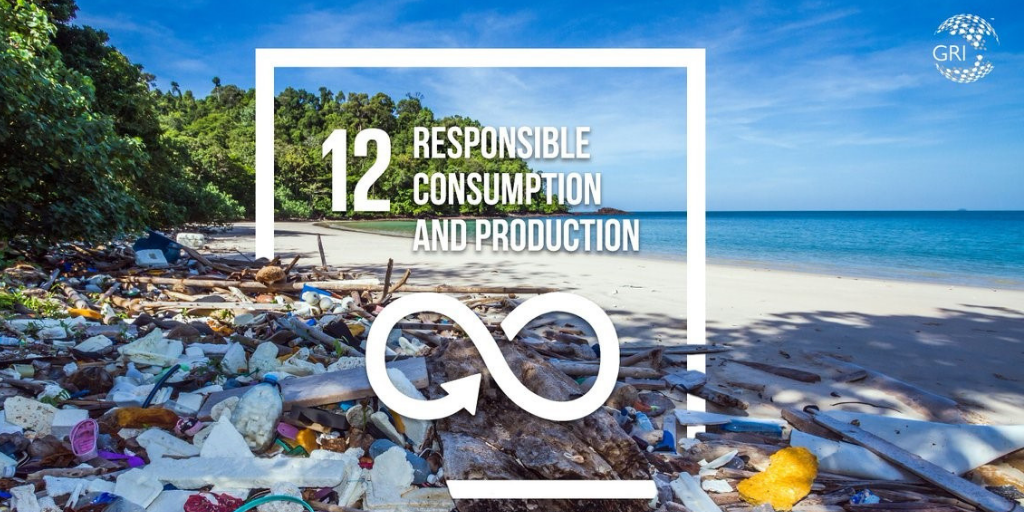From Treatment to Prevention - Shifting Focus of Reporting on Waste

Businesses have a direct influence on the production of their goods and play a major role in reducing waste generation. Updating the GRI disclosures on waste will emphasize ‘prevent’ over ‘treat’.
Waste is a major contributor to climate change through methane from landfills and carbon emissions from incineration. Poor waste management leads to wide-spread pollution and land use disruption. It also puts food and resource security at risk and has direct impacts on public health. At the same time, the rising global middle class means more consumers that contribute to the current equation of the ‘take-make-waste’ linear industrial model.
To address the global challenge of sustainable consumption and production, the Global Standards Sustainability Board (GSSB) initiated a project to review waste disclosures in the GRI 306: Effluents and Waste standard. A group of experts from civil society, investment institutions, and business began the standard revision this week.
In the past decade, there has been a significant paradigm shift in resource use and management, particularly with the rise of the circular economy. Currently, GRI’s waste disclosures largely address treating waste after it has been created, whereas the latest developments in waste and resource management focus on preventing the generation of waste.
It is estimated that prevention of waste can lead to a 15-20% reduction in GHG emissions. This new paradigm has been well reflected in international legislation and policy. The UN Sustainable Development Goals (SDGs) feature waste management, explicitly or implicitly, in nearly half of the 17 goals. Goal 12, for instance, aims to “ensure sustainable consumption and production patterns”. Target 12.5 explicitly identifies prevention, reduction, recycling, and reuse as the levers to reduce waste generation by 2030.
The Project Working Group to review GRI’s waste disclosures will conduct a fundamental revision of what should be considered waste. The review will include introducing the principles of the circular economy and improving disclosure on critical waste streams like plastic, e-waste, food waste and hazardous waste, as well as waste management in the value chain. You can visit the project webpage for more information about the project schedule, the expert group, and to sign up for updates.
Would you like to receive updates from GRI in your inbox? Sign up here.

